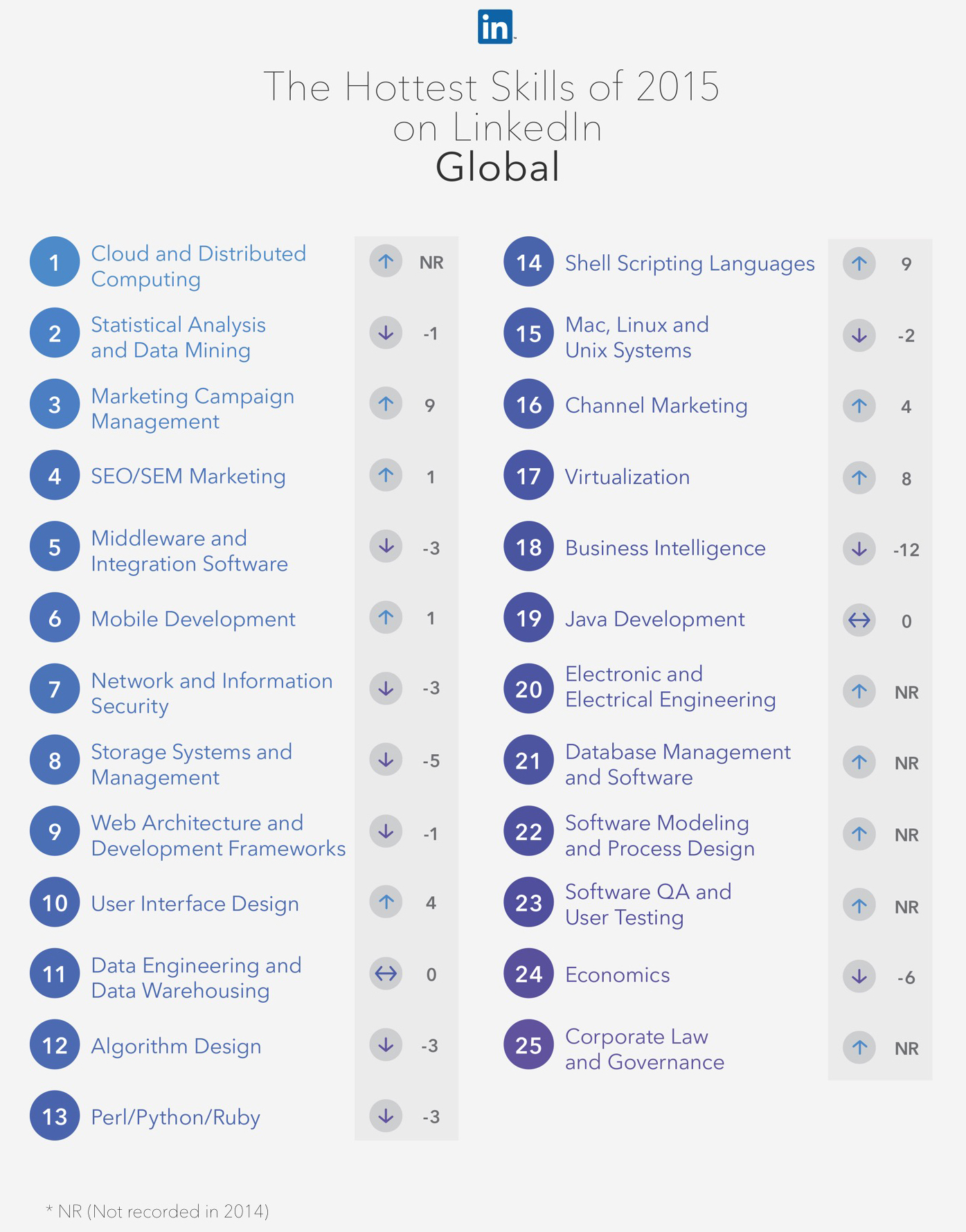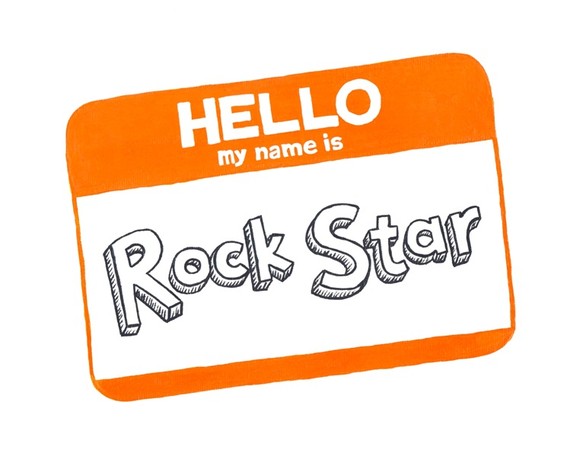WEBINAR: WALKING DEAD - Reviving your talent networks
It's possible that 'Peak Zombie' was reached a couple of years ago, say around 2009 or so. For awhile you couldn't swing a machete on premium cable without hitting one of the myriad zombie shows/movies/music videos that featured the hordes of the undead wandering more or less aimlessly through the countryside.
For what it's worth, my favorite of the genre was 'Shaun of the Dead' with Simon Pegg. Check that on Netflix if you haven't caught it yet.
The 'Zombie' trend has died down a bit in the last few years, but there is still one place where a kind of zombie can be pretty reliably found - lurking around your company career site.
Candidates around your careers site are like Zombies too - they stumble around and look at your content, lurk at your jobs and then just stagger off into the distance when they don’t find anything to take a bite out of. Well, the fine folks at Fistful of Talent and Smashfly are here to help you turn those zombies into real-life candidates by reviving the talent networks you probably don’t even know you have. https://attendee.gotowebinar.com/register/3528340882429541122
https://attendee.gotowebinar.com/register/3528340882429541122
Who said zombies can’t turn back to real live viable candidates?! Not us, because the FOT crew knows how, and we’re going to show you, too.
On February 24th at 2:00PM ET, the FOT crew and Smashfly will present the latest installment of the FOT free webinar series, titled WALKING DEAD: Reviving Your Talent Networks, where the gang will:
--Show you the difference between a Talent Network and a Talent Community. We’ll give you ways to build your talent network into active pools of great candidates. By using and developing talent networks, you’re letting those zombies hanging out around your career site tell you “I’m next…” “Pick me…”, making it super easy to identify your next victim!
--Help you develop a Talent Network Strategy that lasts, with little effort from your team to keep it going. The biggest problem we all face is we just don’t have enough capacity to do more. Talent networks give you the more— without the work. We’ll show you how.
--Show you 5 ways the best companies are engaging their Talent Networks to make real placements.We won’t just tell you the ways, we’re going to hear about straight from a Talent Pro who is using these now to successfully hire and fill position within her company. The good, the bad, the dead. You’re going to hear it all!
--Give you 3 things you can do with candidate contact information before they even apply to your company. Talent pools aren’t about the apply, they’re about getting you to apply. Some zombies are ready to eat, some are just milling around being zombies. What do you do when potential candidates aren’t ready to eat? We’ve got the answer.
--Provide insight to how you can measure the success of your talent networks. By now we know none of this matters if we can’t back it up with measurable data that proves it works. Talent networks, and the data you get from them, will give you a ton of insight to what is working in your Talent shop and what might need some tweaking.
Don’t let your time get “eaten” up by a bunch of zombie candidates who will never fill the needs your company has. Learn how to build great talent networks that will give you real live placements, with less effort than you ever thought imaginable. It’s time to fight back and win against your walking dead applicant pool!
You can register for the free webinar on February 24 at 2:00PM ET here, or using the form below:
And as always, the FOT webinar comes with a guarantee: 60% of the time it works 100% of the time.

 Steve
Steve



